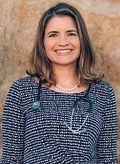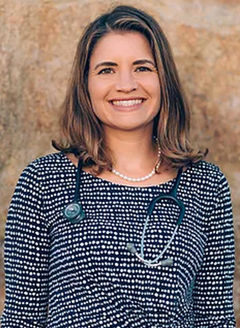In the midst of a country with changing priorities, including increased emphasis on prevention and wellness, and a greater understanding that the old methods of telling people what to do (“Move more. Eat less”) don’t work, an expanding role for people and programs trained in behavior change has emerged.
The Profession
Health coaching is the profession representing those who make a career of helping people “talk themselves into change” and then developing a concrete plan to do so. While ACE holds the only nationally accredited health coach certification, many groups offer educational opportunities and certificate programs in this area. Meanwhile, the profession of health coaching is relatively new, fragmented, and finding its place in a healthcare and community system loaded with professionals of different disciplines, all of which increase their impact by developing health-coaching skills, and in many cases, joining the health coach profession in addition to their primary profession. The profession continued to grow in 2015, as did the realization that coaching methods are highly effective in helping people make behavioral changes.
The Impact
Several prominently featured studies and reviews featuring the benefits of implementing coaching principles to improve health were published and promoted in 2015. Here is a small sampling:
- The United States Preventive Services Task Force (USPSTF) issued a recommendation that at-risk individuals should be screened for diabetes in the primary care setting. Those found to be at-risk for diabetes (prediabetes) should be referred “to an intensive behavioral counseling intervention to promote a healthful diet and physical activity.” The USPSTF recommendations are based on the best scientific evidence, lending further credence to the impact of behavioral counseling interventions for the prevention of disease, in this case type 2 diabetes.
- The Centers for Disease Control and Prevention (CDC) issued a report that although individuals with obesity and at-risk for cardiovascular disease can benefit from receiving intensive behavioral counseling—which include efforts to increase routine physical activity—it is, unfortunately, rarely used. The report acknowledges the opportunity available to help connect individuals at-risk for disease and in-need of support to behavioral counseling interventions.
- Motivational interviewing—a key skill that most health coaches possess—continues to impact a range of disciplines and in a variety of settings. A randomized-controlled trial in pediatrics with collaboration among pediatricians and registered dietitians—all trained in motivational interviewing—found the method to be effective in addressing childhood obesity. This is just the latest in hundreds of studies showing the efficacy of motivational interviewing.
The Opportunities
As the health coaching profession grows and continues to demonstrate its impact, opportunities for qualified professionals will grow as well. Across the United States, Diabetes Prevention Programs that rely on leadership from a qualified lifestyle coach have expanded rapidly throughout 2015. In addition, a new partnership announced in 2015 between the evidence-based childhood obesity program MEND and YMCAs creates another opportunity relying heavily on coaching skills.
While the specifics of what 2016 will bring are unknown, there is no doubt that the profession of health coaching, and the role of coaching in general, to optimize health will continue to grow in both size and impact.
 by
by 










 by
by